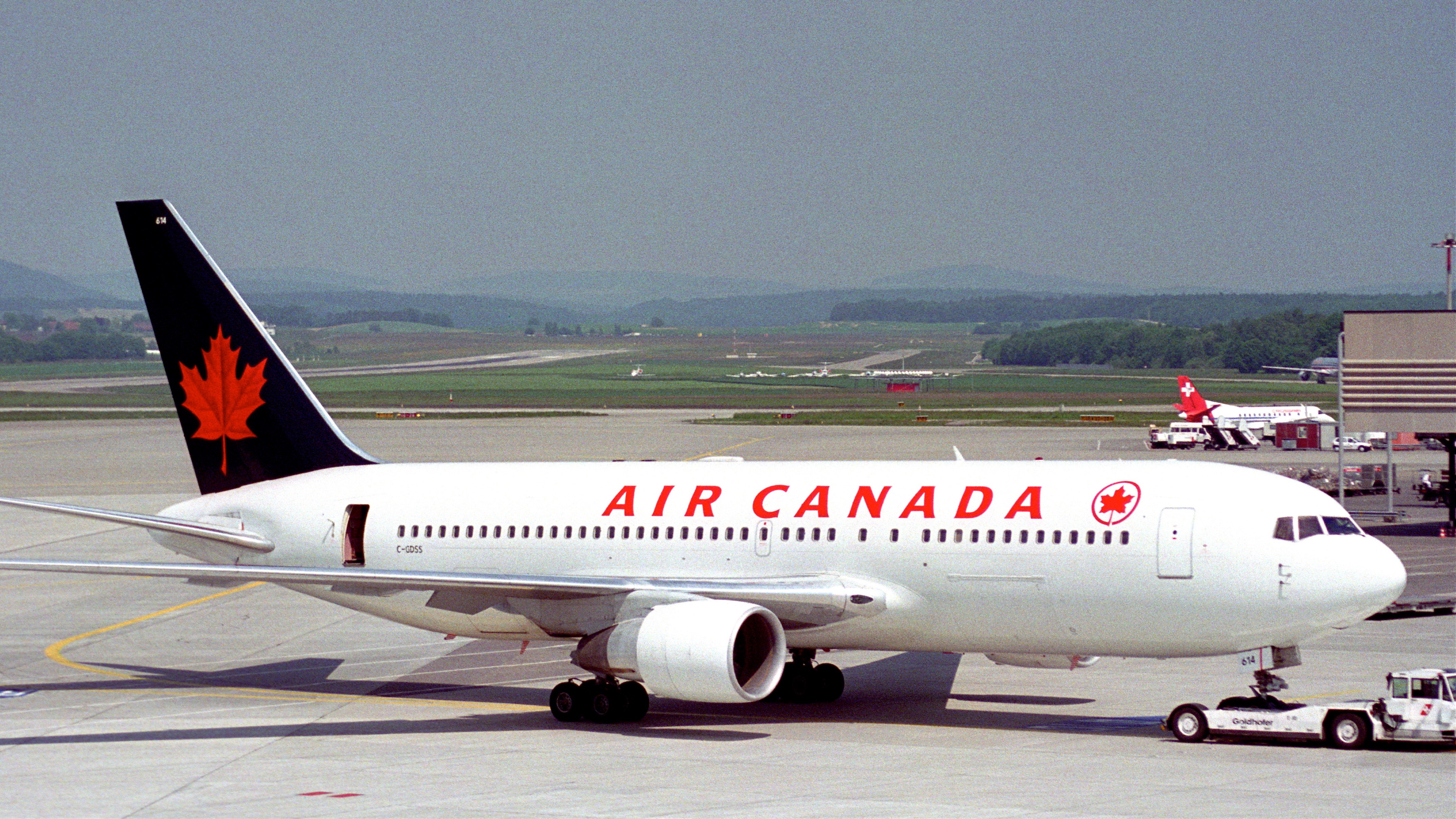
Canada’s largest airline Air Canada (TSX:AC)(TSX:AC.B) has seen explosive growth over the past year, more than doubling in the past 12 months on excellent earnings results and an increased competitive position in the Canadian airline market partially due to new difficulties with the airline’s main rival WestJet Airlines Ltd. (TSX:WJA).
Here are some of the reasons why I remain bullish, but why I also recommend caution with this name.
To start, I believe Air Canada is a difficult name to hold in a portfolio for a long period of time. Airlines are, by nature, a super-cyclical industry which booms and busts (and really busts; airlines go bankrupt or get bought out all the time). This most recent boom period for Canadian airlines has many investors who bought in at the sub-$10 level a year ago now considering trimming or taking profits and reinvesting elsewhere.
I have maintained a very cautious stance toward the airline industry over time; however, at the end of last year, I began taking a deeper look at North America’s airlines, given the significant discount most of these carriers were trading at, noting a significant value play was available for investors willing to hold Air Canada stock for a year or so.
My article from December cited an $18 price target for Air Canada in 2017 and appears to have undersold the profitability and growth prospects of the Canadian airline industry. With Air Canada stock now trading above $20, it is prudent to take another look at Air Canada to see what opportunities and risks remain for investors looking to hold this security.
Air Canada remains significantly undervalued when compared to its peers. Looking at it major competitor WestJet, for example, Air Canada continues to lag its smaller peer by most major fundamental valuation metrics (see chart below).
| Air Canada | WestJet Airlines | |
| Price/Earnings | 7.8 | 11.4 |
| Price/Book | 6.0 | 1.4 |
| Price/Sales | 0.4 | 0.7 |
| Price/Cash flow | 2.3 | 3.9 |
While Air Canada does not carry a dividend (WestJet has a modest 2.3% dividend), Air Canada’s competitive position has improved compared to that of WestJet, given the recent decision of WestJet pilots to unionize. With Air Canada’s large market share in the Canadian market, combined with solid growth prospects domestically and abroad, low oil prices, heightened profitability, and significant momentum propelling the stock forward, the list of catalysts that could drive this company’s stock price much higher remain.
Air Canada is slated to report Q2 2017 earnings at the beginning of August, and a lot of uncertainty will be priced in to how the company has performed over the most recent quarter. I would recommend any investor considering adding a long equity position in Air Canada also consider adding a very small corresponding put option trade to cover some of the potential downside should earnings fail to meet investors’ expectations.
Stay Foolish, my friends.







